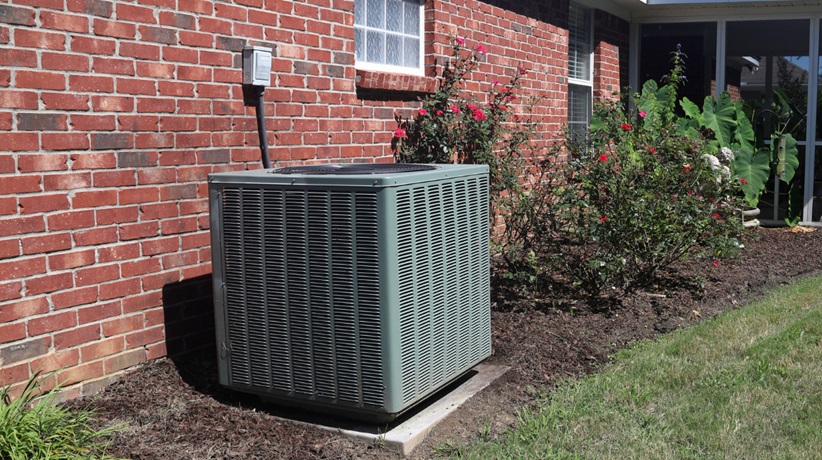Keeping your HVAC system clean is essential for its performance and longevity. For those using HVAC in Rotonda, understanding the impact of dust and dirt accumulation can help prevent costly repairs and maintain efficiency. Excessive debris strains your system and affects your indoor air quality and energy consumption. Here’s how dust and dirt can harm your HVAC system and tips to mitigate these issues.
The Impact of Dust and Dirt on Your HVAC System
Dust and dirt may seem harmless, but their buildup can cause significant problems for your HVAC system. Understanding these impacts is crucial for maintaining system efficiency and avoiding costly repairs.
Reduced Efficiency
Dust and dirt clog crucial components like air filters, coils, and vents, forcing your HVAC system to work harder to maintain comfortable temperatures. This increased strain increases energy consumption, significantly raising utility bills over time.
Accelerated Wear and Tear
When debris accumulates inside your HVAC system, it accelerates the wear and tear of mechanical parts, such as fans and motors. Over time, this buildup can shorten the lifespan of your system, leading to frequent breakdowns and expensive replacements.
Poor Indoor Air Quality
Dust and dirt circulating through your HVAC system can reduce indoor air quality, causing health issues like allergies, respiratory problems, and eye irritation. This is particularly concerning for households with children, elderly members, or individuals with asthma. Understanding what are the causes of black HVAC filters is essential, as they often result from mold, soot, or excessive dirt buildup, indicating poor air quality or maintenance issues.
Tips to Prevent Dust and Dirt Buildup
Preventing dust and dirt accumulation is key to ensuring your HVAC system runs efficiently and lasts longer. Simple maintenance steps can save you money and improve your indoor air quality.
Regular Filter Replacement
Replacing air filters every 1–3 months is one of the easiest and most effective ways to maintain a clean HVAC system. Clean filters ensure proper airflow and prevent dust from accumulating on critical components.
Professional Cleaning
Scheduling regular professional maintenance is vital for addressing hard-to-reach areas where dust and dirt accumulate. HVAC technicians clean and inspect components like ducts, coils, and vents to keep your system running smoothly.
Keeping Surrounding Areas Clean
Dust and dirt from your home can enter your HVAC system through vents and ducts. Regularly vacuuming and dusting your living space minimizes the debris your system must filter out.
To enhance your system’s efficiency further, explore additional HVAC maintenance tips for energy efficiency that can reduce dust-related issues.
Consequences of Ignoring Dust and Dirt
Failing to address dust and dirt buildup in your HVAC system can lead to many problems that impact your finances and comfort. Regular maintenance is essential to avoid these costly consequences.
Increased Energy Costs
Neglecting maintenance allows dirt to build up, causing your system to consume more energy as it struggles to perform. This inefficiency can lead to significantly higher utility bills.
Costly Repairs and Replacements
Over time, excessive debris can cause significant damage to internal components, requiring expensive repairs or even a complete system replacement. Addressing the issue early can save you thousands in repair costs.
Conclusion
Excessive dust and dirt can severely impact your HVAC’s performance, efficiency, and longevity. Taking proactive measures such as regular filter replacement, professional cleaning, and maintaining a clean environment can protect your system and improve indoor air quality. By staying vigilant and prioritizing maintenance, you’ll enjoy better energy efficiency, lower costs, and a healthier home environment.

